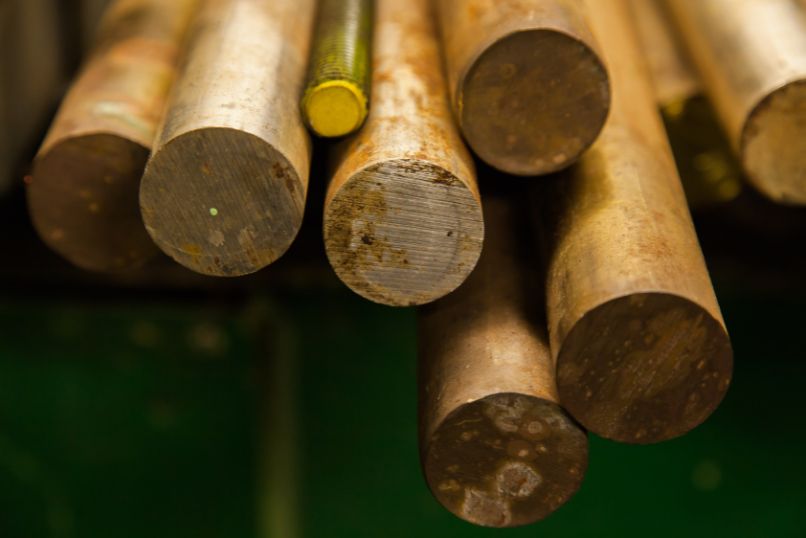When it comes to metalworking, bronze is a popular material for sculptures, jewelry, and other decorative items. But did you know that there are two types of bronze? The differences between bronze and cast bronze are subtle but important.
Let’s explore the main differences between bronze and cast bronze so that you can choose the best materials for your next project.
What Is Bronze?
Bronze is an alloy of 90 percent copper and 10 percent tin. People have used it since ancient times as a material for making tools, weapons, jewelry, coins, sculptures, and much more. It has strength and corrosion resistance, making it ideal for outdoor applications. Bronze is also relatively easy to work with using traditional methods, such as hammering or casting.
What Is Cast Bronze?
Cast bronze is a type of bronze heated in a furnace until it melts into a liquid form. This molten material can then go into molds or casts to create shapes or objects. Cast bronze has several advantages over regular bronze.
It’s stronger and more resistant to wear and tear, it’s easier to shape into intricate designs, and it holds its shape better than regular bronze when exposed to high temperatures or extreme weather conditions. Manufacturers can also color cast bronze using chemical treatments or electroplating processes.
Differences Between Bronze and Cast Bronze
The main difference between bronze and cast bronze is the process of making them. Hammering is the traditional way to work with bronze, while cast bronze gets poured into a mold at high temperatures. As mentioned, this difference in production methods makes bronze casting alloys more resilient and yet easier to shape into intricate designs than traditional bronze. Additionally, it’s possible to color cast bronze using chemical treatments or electroplating processes, while the same isn’t true for traditional bronze.
Ultimately, traditional bronze and cast bronze have unique benefits that make them useful in different ways depending on your project needs. Common bronze is great for projects requiring strength with moderate complexity, while cast bronze excels when intricate details and superior durability are necessary for extreme conditions. Whether you choose regular or cast bronze will depend on what your project requires most.
Wieland Diversified can provide bronze-casting alloys and other materials for your next metalworking project. If you’re looking for specialized cast bronze alloys, contact us today. Our team of experts can help you find the right materials for your project.

